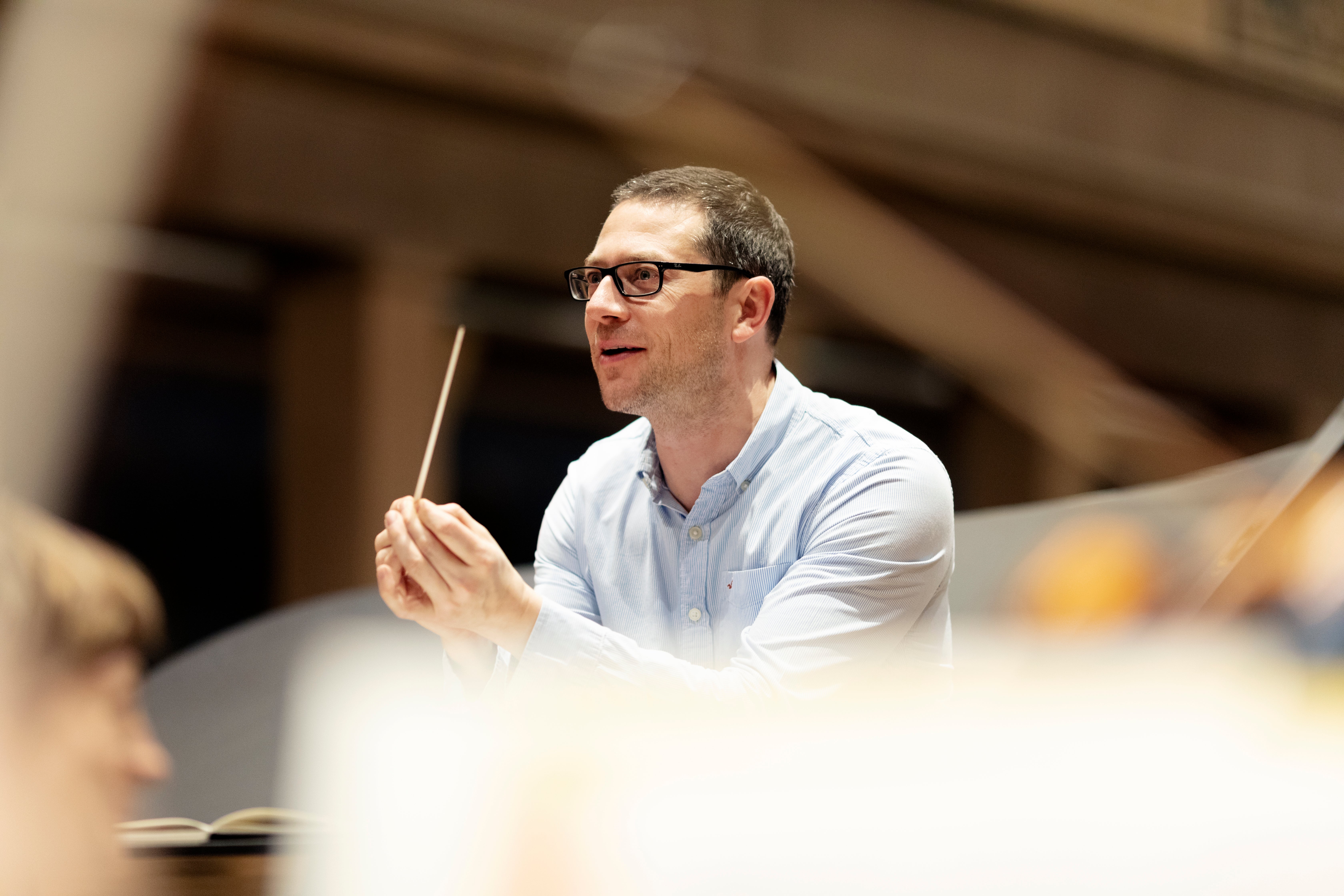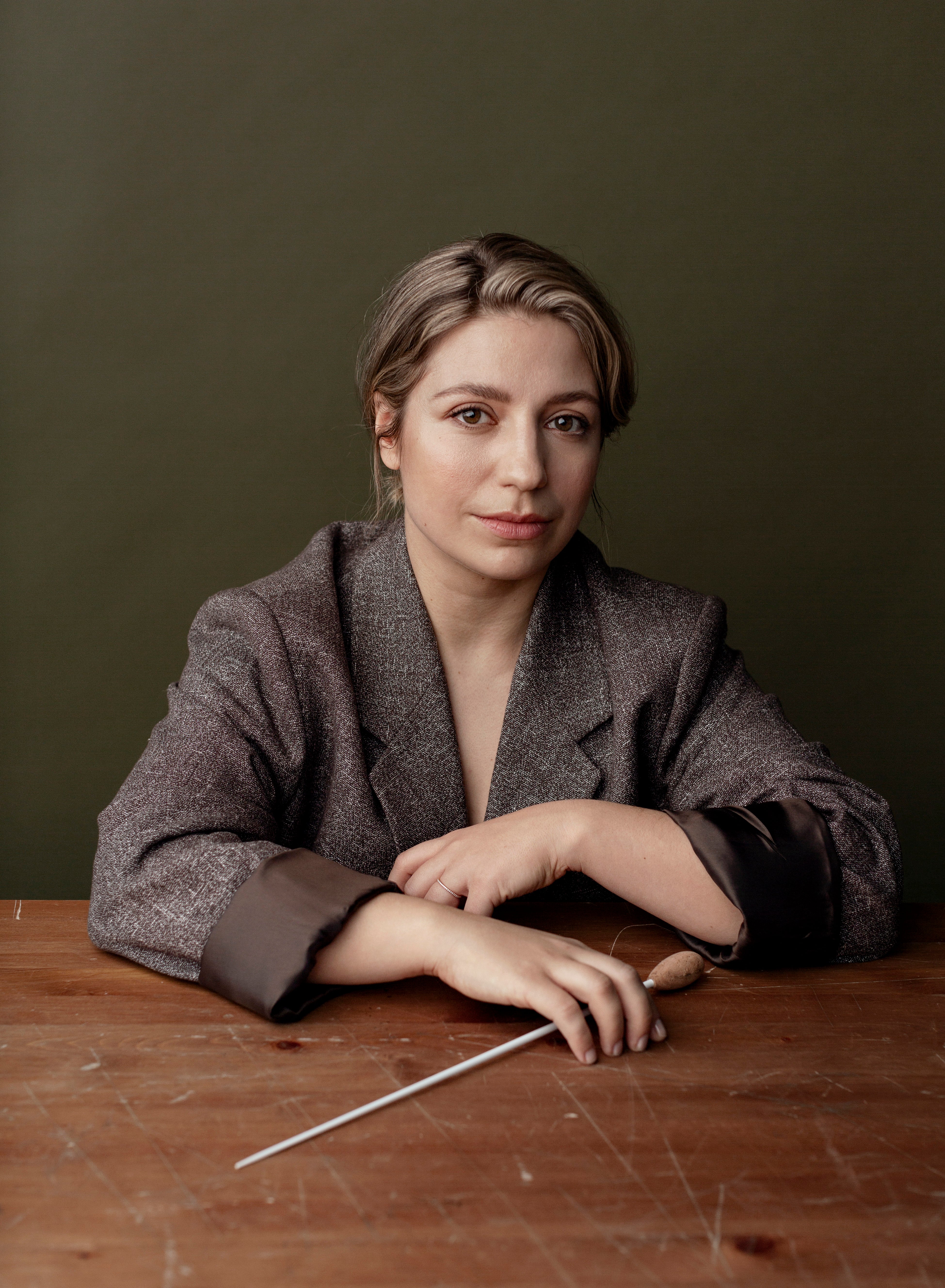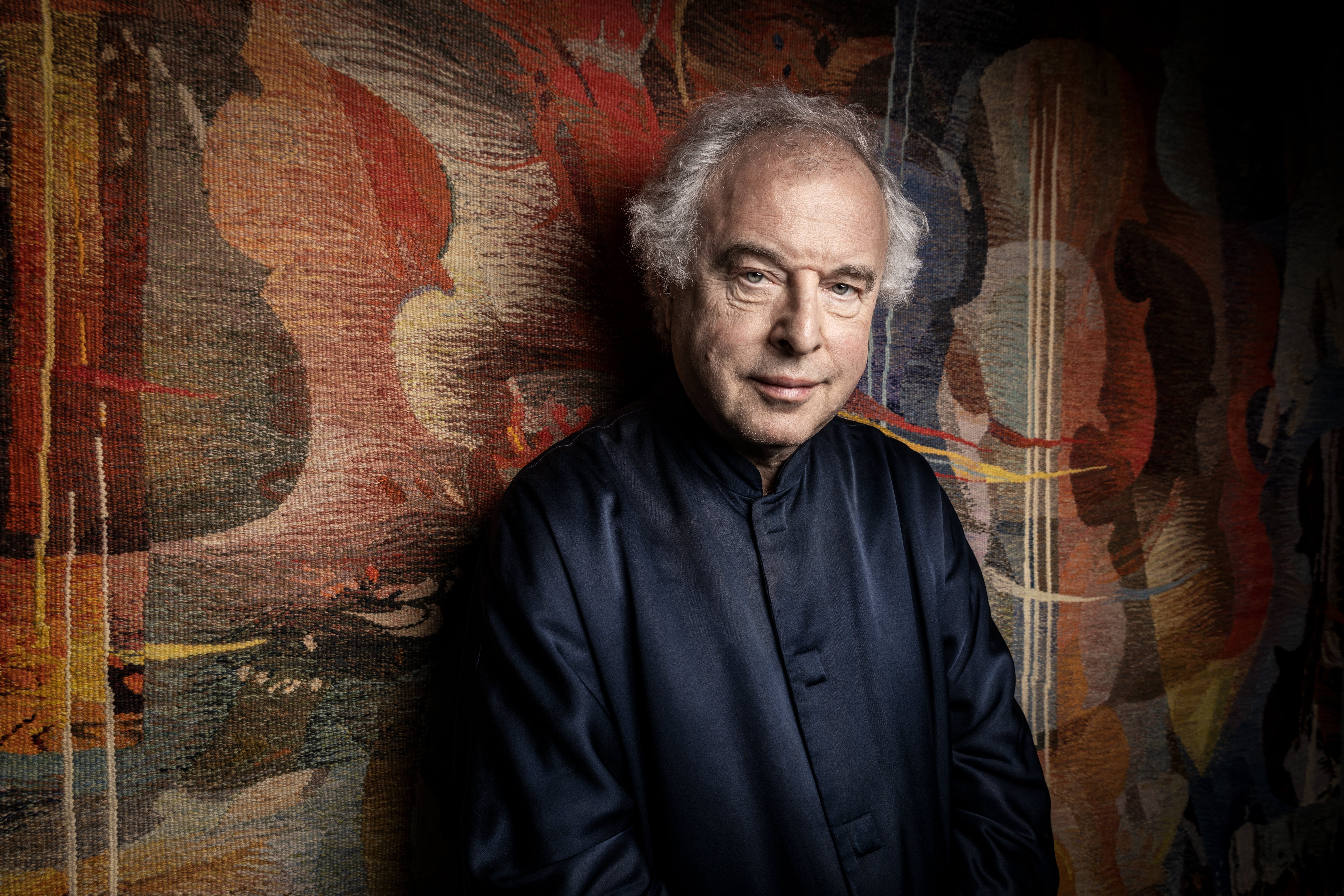The ultimate guide to the must-see concerts at the 2024 Proms
Has one of the world’s longest running classical music festivals begun to abandon the genre it was created to champion? Michael Church selects the gems that embody the best of the Proms, from a packed programme of 90 concerts across eight weeks

Time was – not so long ago – when everyone knew what the BBC Proms were for. Henry Wood, who conducted them for half a century, put it very simply. “To bring the best of classical music to the widest possible audience.” From the start there was no whiff of exclusivity: the programming was always adventurous, and Wood brought in “difficult” new music by Schoenberg and Scriabin, alongside his own compositions and his arrangements of folk tunes. Until 1971, people were even allowed to smoke. For year after year, Monday was Wagner night, and Fridays were devoted to Beethoven, with no fundamental change until relatively recently, when – to use an overworked cliche – the Proms were caught in a perfect storm.
The pandemic temporarily reduced them to a trickle of audience-free concerts, and that hiatus coincided with a major loss of nerve on the part of the BBC, thanks to economic pressure from the government, plus moral onslaughts from a variety of pressure groups, to which the BBC’s response was panicky. For example, they agreed to remove the ludicrously jingoistic “Rule Britannia” from the Last Night programme, then timidly reinstated it; they scrapped the BBC Singers, then caved in to public pressure and reinstated those much-loved veterans.
But the biggest and most questionable change lies in the repertoire itself, with 30 per cent of it no longer “classical” in any sense of the word. The Proms have long had excellent jazz and film music components, but evenings devoted to disco, and to pop stars like Florence Welch and Sam Smith, indicate that the Proms’ traditional criteria have gone – and probably for good.
The irony is that the world is full of wonderful but unexplored classical musics, for which Britain could be a suitable host with the aid of the Proms. If they really wanted to extend their reach – without compromising standards – that would be the way to go.
But classical musicians in Britain are enduring an unprecedentedly hostile climate, thanks to Arts Council parsimony, plus the bankruptcy hanging over many local authorities. In Victorian times Britain was mocked by Germans as Das Land ohne Musik – “the land without music”, with “classical” being the unspoken adjective. The way things are going, that nickname may soon be applicable again.
Glastonbury is an amazing musical patchwork, but one has to wonder how its patrons would react if 30 per cent of their programme were suddenly replaced by symphonies and string quartets. The Proms have long been classical music’s answer to major pop music events, but for how much longer will they be that? The omens aren’t auspicious. The incoming new Proms Controller, who recently made some regrettably populist changes to Radio 3 (such as moving the long-running Friday Night Is Music Night to the channel from Radio 2) looks unlikely to resist further pressures to go down that road.
So we should enjoy the classical music we have – while we have it. This year’s most glittering events, which I have singled out below, embody the best of the Proms tradition…
Prom 1, 19 July: First Night of the Proms 2024
Start as you mean to go on. Pianist Isata Kanneh-Mason – one of the seven miraculous Kanneh-Mason siblings – always likes to “bring something new to people”, and few listeners will know the work she will play tonight. Everybody loves her husband Robert Schumann’s piano concerto, but Clara Schumann’s piano concerto, premiered in 1835, is still terra incognita. Conducted by Elim Chan, it will form part of an impressive programme including works by Handel, Bruckner, and Beethoven.
Prom 6, 23 July: Verdi’s Requiem

This massive work will come with all guns blazing. It’s the most searing expression of grief ever written, and with a brilliant lineup of soloists plus the BBC National Orchestra of Wales, it will be conducted by Ryan Bancroft, who admits it can be intimidating to perform. But since everyone involved is so accomplished, he says, “it will feel like we’re making chamber music together”.
Prom 7, 23 July: Baroque Medley
It would be well worth staying on for this late concert on the same night, as the rare works on the menu will be performed by Il Pomo d’oro, who are among the most distinguished Baroque musicians in the business. One of these – the Polish countertenor Jakub Jozef Orlinski – is a champion breakdancer on the side, though he may need some persuasion to demonstrate that facility in this august locale.
Prom 21, 4 Aug: Copland, Gershwin, Marsalis, Adams

Starring John Wilson and his prize-winning orchestra, this all-American event will really swing. Starting with Wynton Marsalis’s Herald, Holler, and Hallelujah, going on to Copland’s Billy the Kid Suite, Barber’s much-loved Adagio, and Ives’s The Unanswered Question, it will climax with John Adams’s massive Harmonielehre, the symphony that put classical music back on track after the modernists had derailed it.
Prom 31, 11 Aug: Barenboim, Mutter, and the West-East Divan
A Prom dripping with history – expect enraged flag-wavers at the door, and groupies cramming the auditorium. The incomparable violinist Anne-Sophie Mutter will be soloist in Brahms’s Violin Concerto, and this will be the first time Daniel Barenboim has conducted in London since his diagnosis with a neurological illness last year. And the WED orchestra, famously part Israeli and part Arab, will demonstrate that the warring societies in the Middle East can dissolve their differences in music.
Prom 35, 15 Aug: Jazz Medley
This concert will celebrate 100 years of American jazz, starting with Ellington’s sultry Mood Indigo and Sophisticated Lady, and ending with a piece by the self-styled “trans-idiomatic composer” Anthony Braxton; the European premiere of the great pianist Mary Lou Williams’s Zodiac Suite – composed 80 years ago – sandwiched in between.
Prom 40, 19 Aug: Bach’s St John Passion
This irresistible Prom will take its audience to the height of exaltation. The work – covering Christ’s arrest, rendition, and execution – will have a visceral effect, and there’s a dream lineup of soloists including Carolyn Sampson and Christian Immler. But the USP lies in the fact that the conductor and chorus are Japanese – Masaaki Suzuki and his Bach Collegium Japan.
Prom 45, 24 Aug: Mahler sung by Jamie Barton

Sibelius’s majestic Fifth Symphony will send us out into the night after two works about love, loneliness, and withdrawal by very differing composers. Julius Eastman gave his ex-boyfriend a rolled-up score that wasn’t unrolled and performed until 35 years later, and it now gets a rare performance by the BBC Symphony Orchestra under the baton of Dalia Stasevska. Mahler’s magnificent Rückert-Lieder will be sung by the irrepressible American mezzo Jamie Barton, for whom these five songs represent a timeless musical meditation.
Prom 51, 28 Aug: Tinariwen

Late Proms don’t usually fill the auditorium, but this charismatic group of Tuareg exiles should do so when they bring their haunting desert blues to the Albert Hall. They hail from northern Mali, and success never came easily: their founder Ibrahim Ag Alhabib witnessed his father’s execution when he was four, and he built his first guitar from a plastic water can, a stick, and some fishing wire.
Prom 54, 31 Aug: Beethoven for Three
A violin, a cello, and a piano: what is so great about that? A great deal, when the trio is the American pianist Emanuel Ax, the Chinese-American cellist Yo-Yo Ma, and the Greek violinist Leonidas Kavakos. Three celebrated virtuosos who have spent the last few years joining forces and playing chamber music together. Their programme here is mouth-watering – all Beethoven, including a trio arrangement of his First Symphony.
Proms 63, 64, 65, 7 Sept: Choral Day
This is a very healthy response to the fact that choral music – mostly amateur – is now one of the big growth areas all over the country. People just love singing together, and choirs are springing up in the unlikeliest places. The first of these three concerts is devoted to English music of the Victorian period, and the second to the many varieties of American choral music. The third will consist of that all-embracing masterpiece, Handel’s Messiah in Mozart’s arrangement.
Prom 71, 12 Sept: Sir Andras Schiff

Classical music by one pair of hands, on an unamplified piano, for an audience of 5,200 in a vast, cavernous space: a recipe for an empty hall? Absolutely not when that performer is the great Andras Schiff. He’s splendidly uncompromising – I recently watched him lose his temper when two mikes he was using malfunctioned noisily and he angrily hurled them into the audience. This year he will play Bach’s The Art of Fugue, in which the composer wove a wonderful musical labyrinth around the simplest of themes, dying in mid-bar before he managed to finish it. Schiff will leave that final bar hanging provocatively in the air.
The BBC Proms run from 19 July to 14 September
Join our commenting forum
Join thought-provoking conversations, follow other Independent readers and see their replies
0Comments